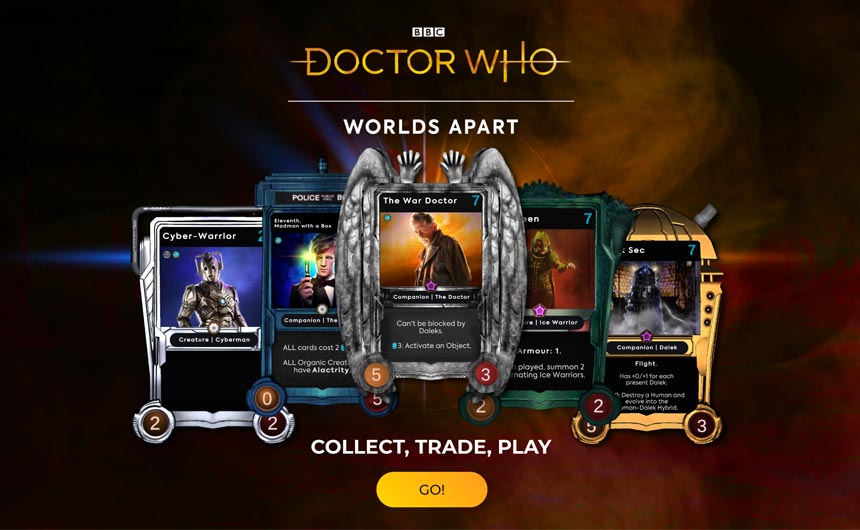Reality Gaming Group’s Jake Scott on why brands should be learning about NFTs and their potential place in the metaverse before jumping in.
No doubt you will have heard people talking about NFTs and the metaverse. But what exactly are they and why should the licensing industry be taking notice?
“In the simplest terms, NFTs are ‘one-of-a-kind’ assets based on blockchain technology that can be bought and sold – a good way to think of them is as certificates of ownership for virtual or physical assets,” explained Jake Scott, head of community and blockchain innovation at Reality Gaming Group. “An NFT can represent anything – its most popular use cases so far have been for artwork, profile pictures, game assets and land ownership, to name but a few. Each unique token represents true ownership and enables holders to use or trade their NFTs whenever and however they wish.”
The concept of the metaverse, meanwhile, is a network of virtual worlds focused on social interaction, sometimes referred to as Web 3.0.
“Think of it as the next stage of evolution for the internet, interconnected with our everyday lives,” explained Jake. “The virtual worlds being created right now by brands and the likes of Meta (formerly Facebook) have all kinds of applications, including playing games, watching films or concerts, working with colleagues or just chatting to friends. While the metaverse concept has been around for a while, the advent of VR and 3D rendering means it has become a visual, not just a social. With NFTs, owners can see and interact with their digital items in the metaverse.”

Reality Gaming Group’s current NFT projects include Doctor Who: Worlds Apart – an upcoming officially licensed digital NFT trading card game); digital collectables for legendary boxer, Floyd Mayweather, Emojibles and Smighties Universe, plus mobile game Reality Clash which uses NFTs for in-game items.
Jake continued: “NFTs offer a way for brands to connect with their fans/users/consumers on a deeper level, by enabling new ways to interact with digital (and physical) products in the virtual world. Brands are seeking to enter the metaverse and become prominent players in that virtual space so that they continue to remain relevant. It’s important that they do: brands who did not utilise the internet when it first emerged missed a colossal opportunity to get to know their consumers better and to market products to them more effectively.”
Importantly though, Jake urged that brand owners need to do their research on the space. “Brands need to look for real utility and not launch an NFT as a gimmick or cash grab – and there is plenty of opportunity out there to create NFTs in the right way,” he said. “Brands should learn about NFTs and their potential place in the metaverse before jumping in.”
This feature originally appeared in the spring 2022 edition of Licensing Source Book. To read the full publication, click on this link.
Want to read more news like this? Simply sign up to our daily digest by clicking here. You can also follow @LicensingSource on Twitter and @licensing_source on Instagram.

































